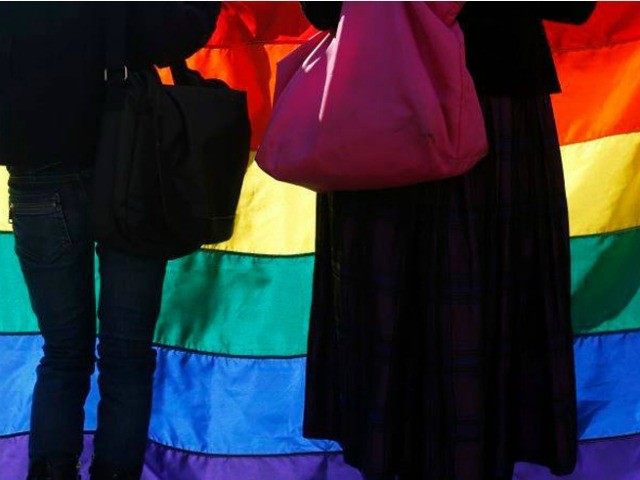Alabama’s probate judges who do not believe in same-sex marriages are waiting to see what will happen after a Mobile judge ruled on January 23 that Alabama’s constitutional and statutory ban on gay marriages violated the U.S. Constitution.
The decision has not been implemented as of yet; the state appealed the decision to the 11th U.S. Circuit Court of Appeals. That may be moot because the U.S. Supreme Court has confirmed it will decide the issue of same-sex marriage in late June.
Many churches in Alabama will not perform same-sex marriages, so homosexual couples turn to the courts to make their marriages official, because Alabama law requires probate courts to issue marriage licenses, although judges and other court officials are not required to do so.
Judge Fred Hamic, 69, a Christian who has presided over 1,000 weddings, said he will refuse to perform any weddings if he is told he has to perform same-sex weddings. Hamic said he will issue the licenses but eschew performing the weddings themselves. He told the Miami Herald, “I’m not going to be a party to it. I was raised in a Christian home and I was taught that it is a sin.”
The state’s appeal was filed by Attorney General Luther Strange, who sent the case to the U.S. 11th Circuit Court of Appeals after U.S. District Judge Ginny Granade decided in favor of same-sex marriage. Granade stayed her order for 14 days, which will end February 9.
In 2006, Alabama voters passed the Sanctity of Marriage Amendment, which barred same-sex couples from receiving marriage licenses in Alabama and did not recognize same-sex marriages that had been held in other states. Granade cited the Equal Protection and Due Process clauses of the 14th Amendment to the U.S. Constitution to overturn the law.
The state’s appeal says that the 10th Amendment to the U.S. Constitution grants the power to define marriage to states.

COMMENTS
Please let us know if you're having issues with commenting.